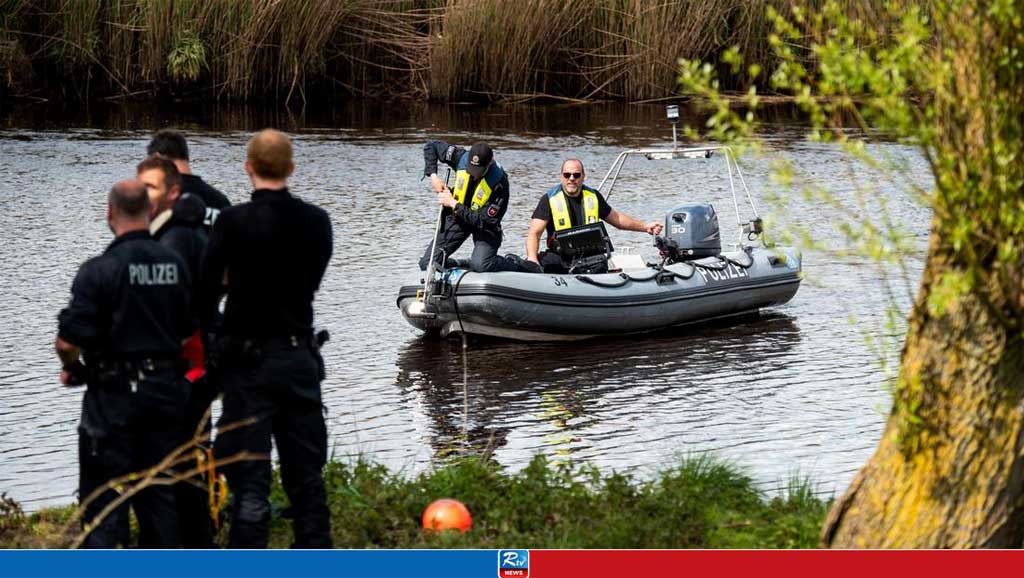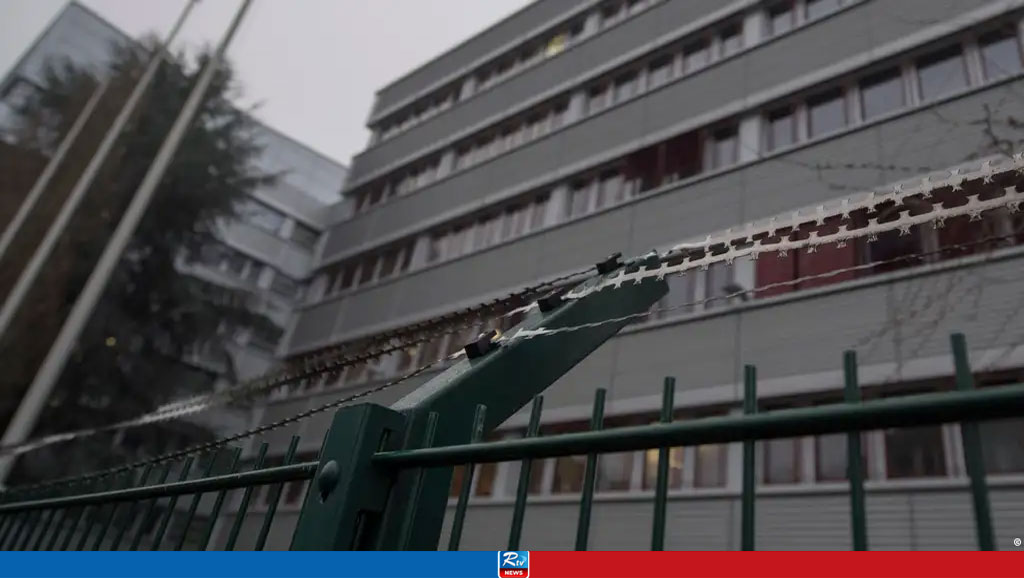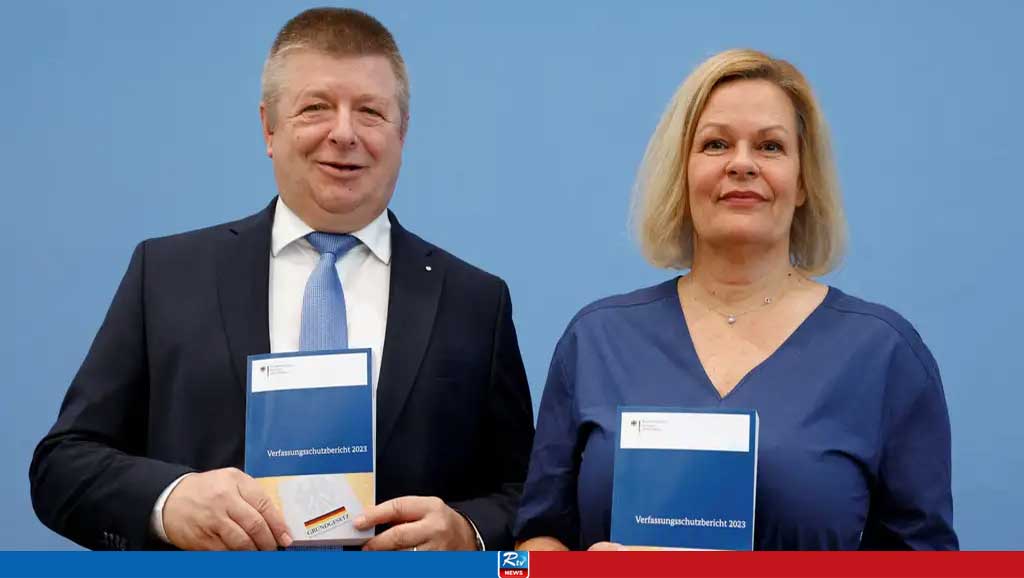EU election: Germany rules out snap election after AfD gains
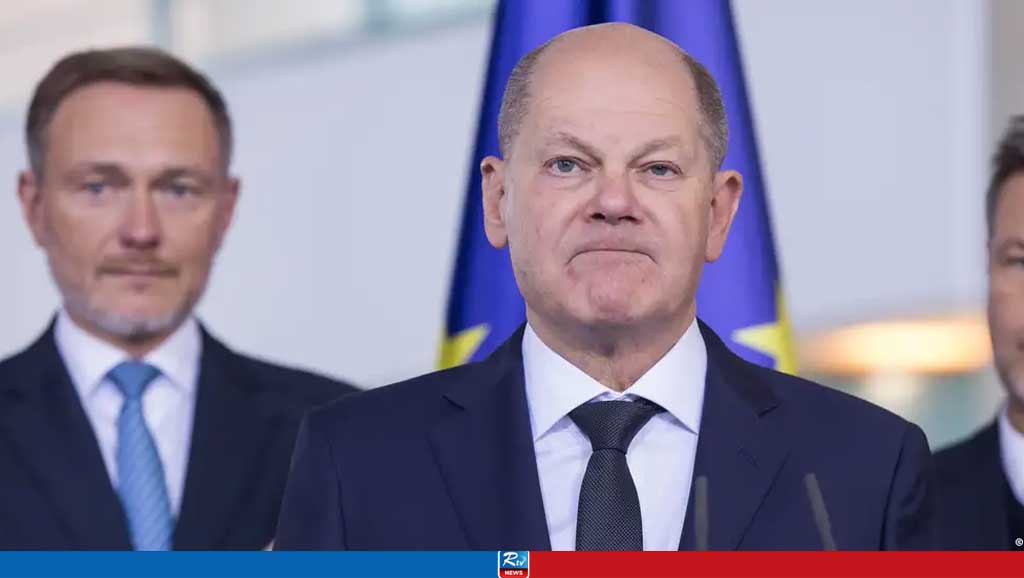
The far-right AfD tops the polls in eastern Germany, while the center-right CDU/CSU bloc claims overall victory in the EU elections 2024. German participation hits a post-reunification high.
The German government has said there are no plans for a snap election after all three parties in the governing coalition performed poorly in the EU parliamentary elections on Sunday.
German voters turned out in record numbers on Sunday, with 64.8% of eligible voters participating. The far-right AfD gained the most votes in Germany's eastern federal states
A look at the latest developments following the European Parliament elections on Monday, June 10. This blog has now closed.
What to expect next after EU elections
One day after the European elections it's becoming clearer what the results mean for the future of the bloc, but also for the question of who's going to be at the helm of the European Commission during the next five years. Current President Ursula von der Leyen is aiming for a second term after her European People's Party secured the most seats.
In Germany, Chancellor Olaf Scholz, of the center-left Social Democrats (SPD), has also had to face up to the clear drubbing of his coalition government with the environmentalist Greens and neoliberal Free Democrats (FDP).
The SPD is calling it a "bitter defeat" after the party's worst outcome ever in a national election, with 13.9%. There were also long faces among the Greens, who dropped to 11.9%. The FDP came in at 5.2%.
Surveys have long shown that about three-quarters of Germans are dissatisfied with the work of the federal government, and the poll ratings of the coalition parties have long been in a slump.
Germany's Scholz says no return to 'business as usual' after EU vote
German Chancellor Olaf Scholz said on Monday evening that the European election results were "bad for all three governing parties" — his Social Democrats (SPD), the Greens and the neoliberal Free Democrats (FDP) — and warned that there could be no return to "business as usual."
Speaking to reporters in Berlin after a meeting with the president of Chile, Scholz said: "We have to do our work and ensure that our country makes progress and becomes more modern, ensuring that support grows so that we can present results and have the trust of citizens at the next federal elections."
Despite the electoral drubbing, and the success of the far-right across Germany and other parts of Europe, Scholz insisted that there was ultimately still a significant majority in favor of classic democratic parties.
The conservative opposition Christian Democrats (CDU/CSU) won 30% of the vote in Germany. At the EU level, Ursula von der Leyen's conservative alliance, the European People's Party (EPP), also came out as the largest bloc in the parliament.
Though French President Emmanuel Macron had responded to a bad result for his party in France by calling snap legislative elections for June, the German Greens insist that the ruling coalition in Berlin will endure.
"There is no need for a vote of confidence," Green co-leader Omid Nouripour said. The Greens won only 11.9% of the vote — down from 20.5% in the 2019 European Parliament election.
After the SPD won just 13.9% of the vote, its worst result in a nationwide democratic election in more than 130 years, Scholz warned that the policies of the far-right populist Alternative for Germany (AfD), which came second at 15.9%, must not become normalized.
"We should never get used to that," he said. "The task must always be to push them back again."
Comments
Chinese doctors claim to cure diabetes with cell therapy
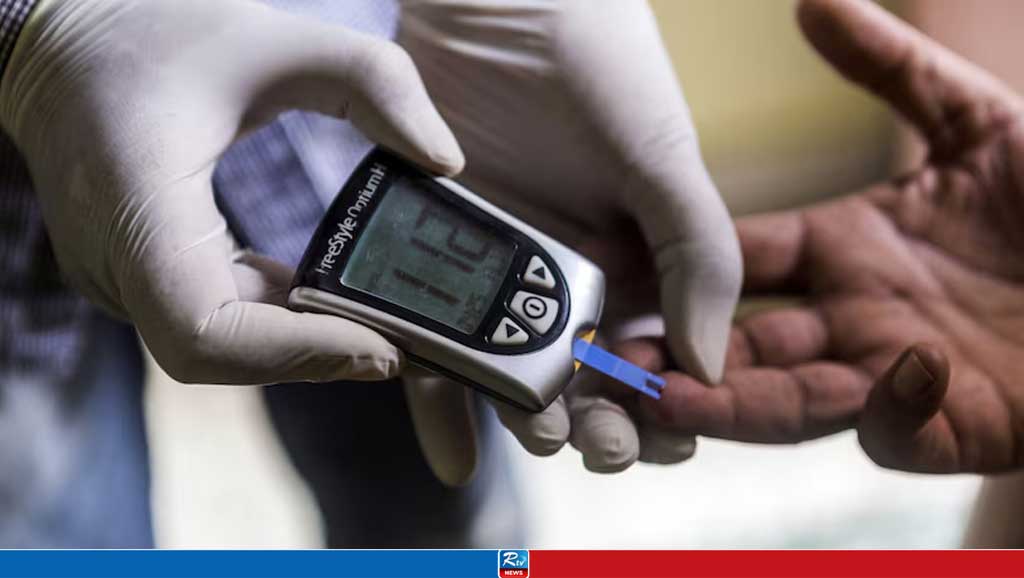
Australia: Man arrested after running naked through plane
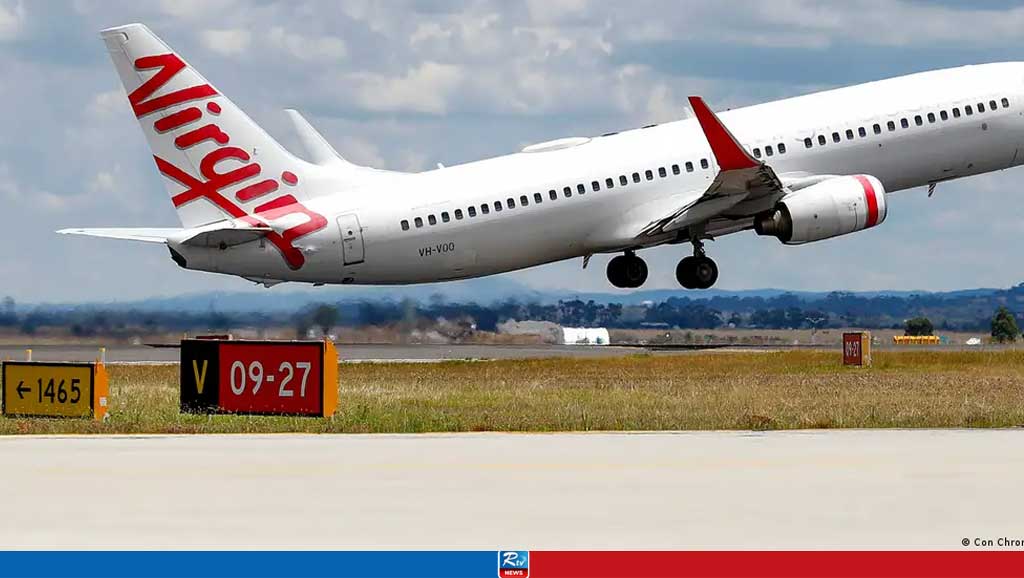
Two Arrested in Money Laundering Scheme Tied to Chinese Entities and Mexican Drug Cartels

China will relocate close to 1 million rural Tibetans by 2025: HRW report
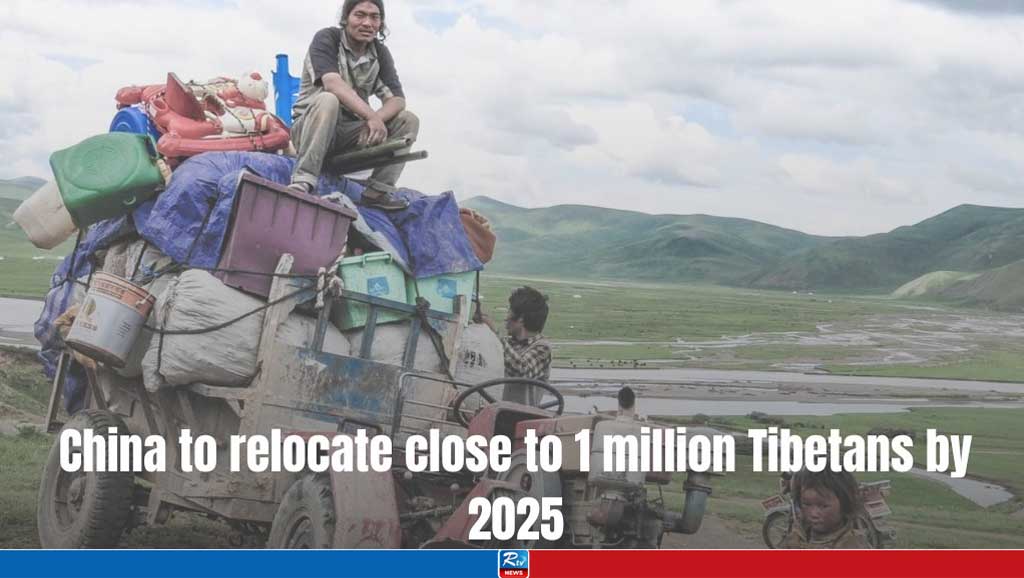
World Uyghur Congress condemns Hong Kong Court's pro-democracy activist sentencing
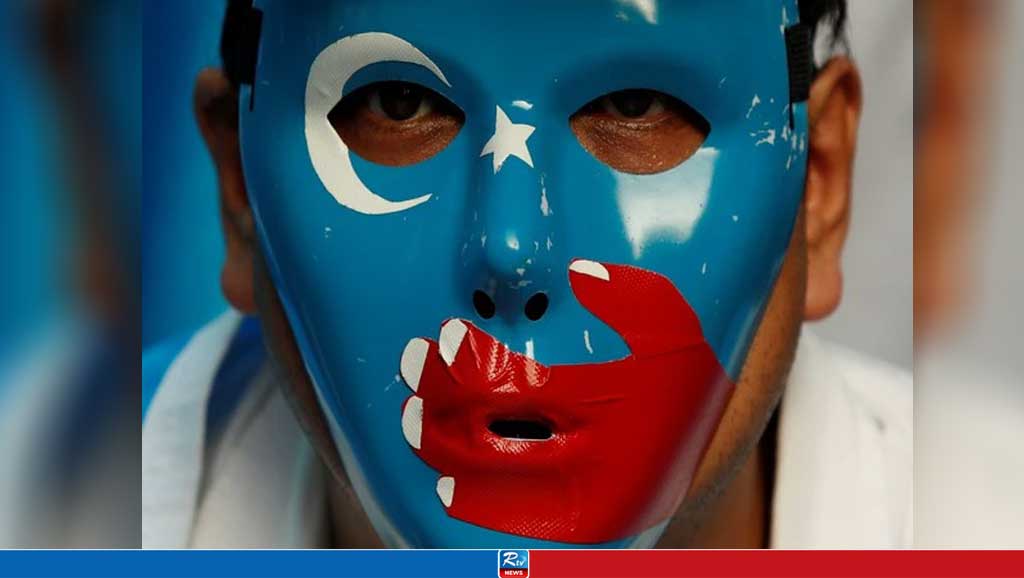
Southern Germany hit by catastrophic flooding
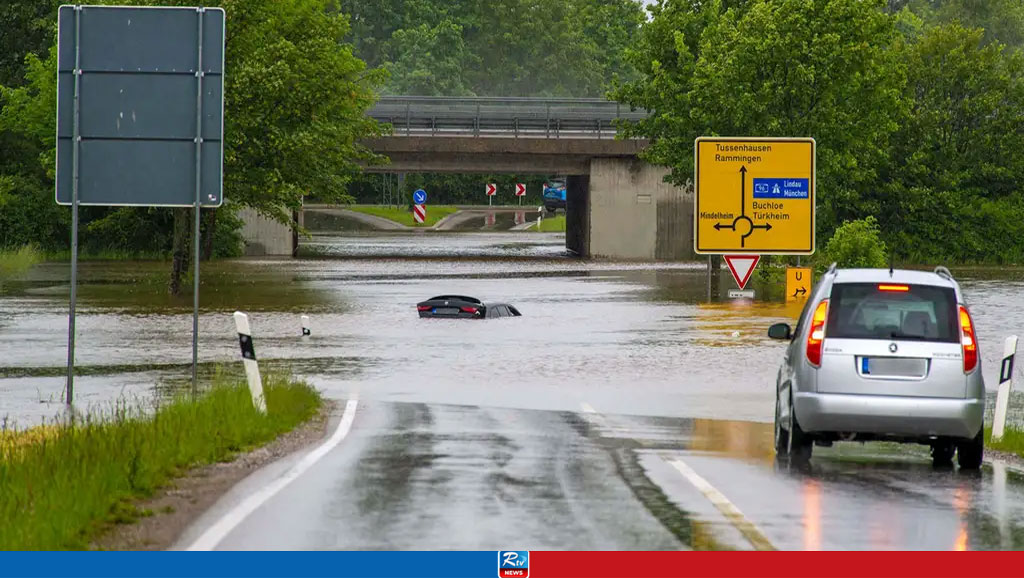
China state firms targeted by U.S. lawmakers for allegedly helping Iran


 Live Tv
Live Tv

